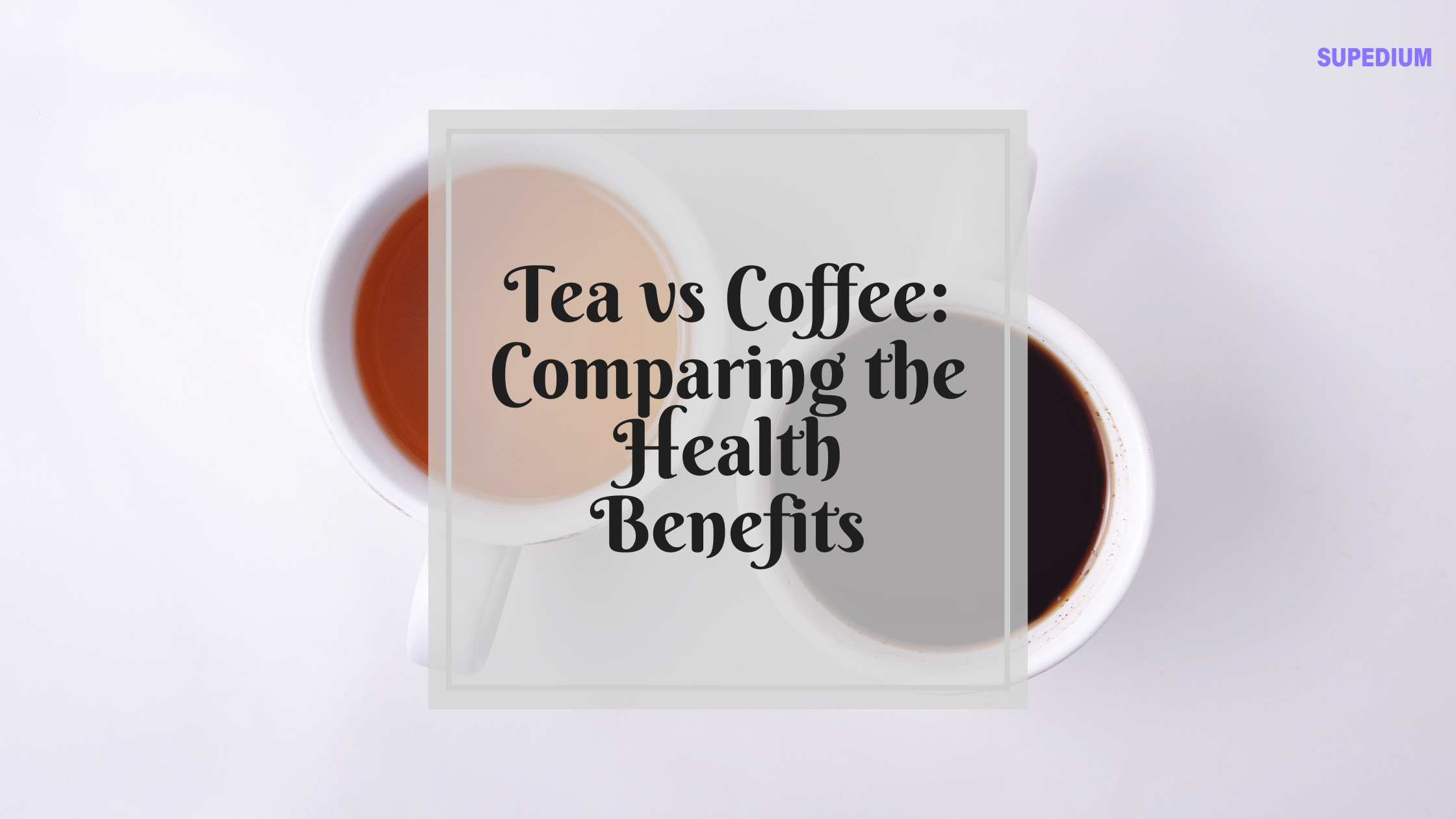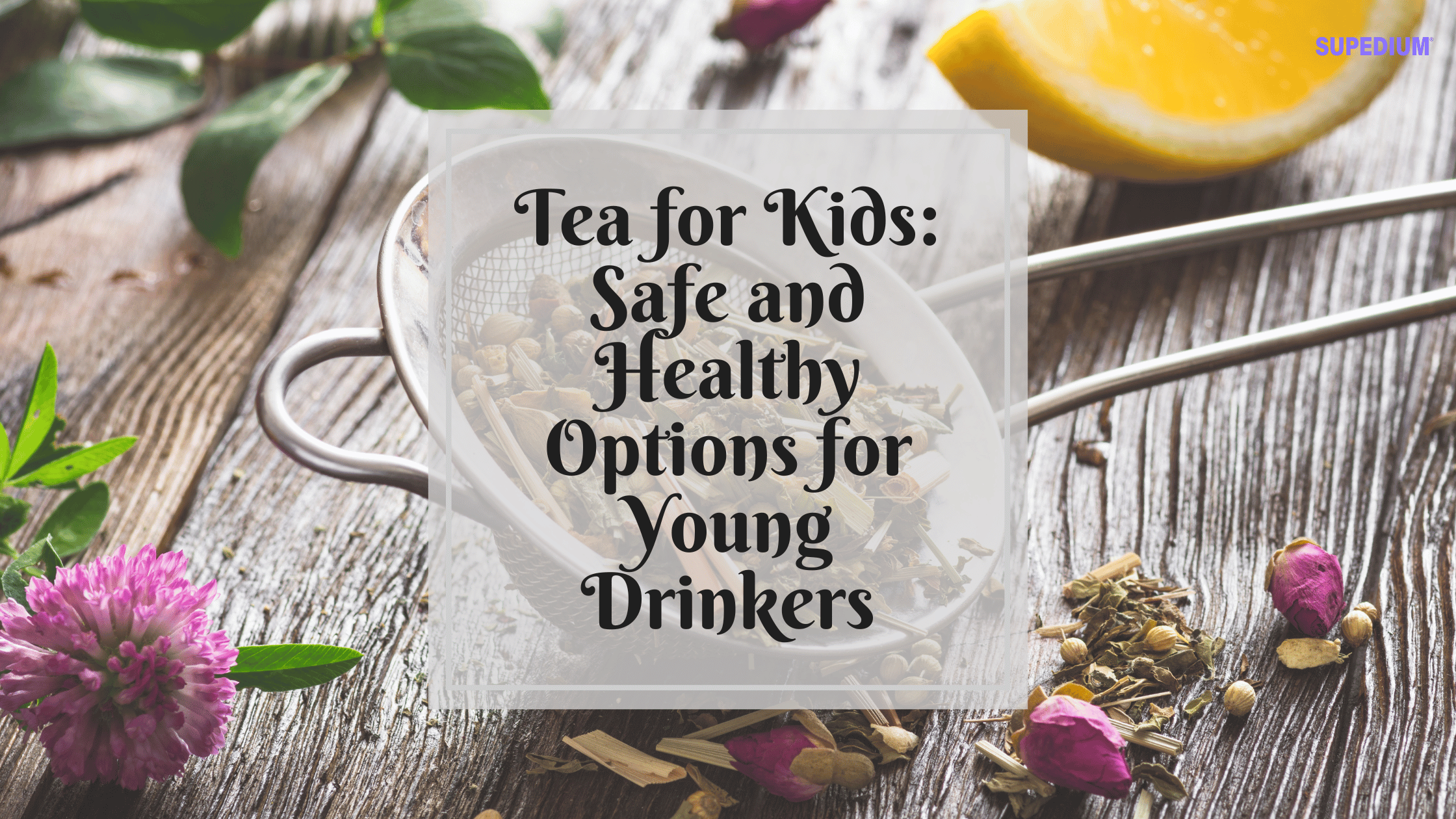Table of Contents
![]()
Tea and coffee are among the most widely consumed beverages globally, each boasting a rich history and cultural significance. As both drinks contain unique compounds that may impact health, comparing their health benefits can help individuals make informed choices about their consumption. This article delves into the nutritional content, health benefits, potential risks, and comparative aspects of tea and coffee.
Nutritional Content
Tea comes in various types, including black, green, white, oolong, and herbal. Each type has distinct characteristics and nutrient profiles. Tea generally contains antioxidants like catechins in green tea and theaflavins in black tea. These antioxidants are believed to combat oxidative stress and neutralize free radicals, potentially reducing the risk of chronic diseases. Tea also provides essential minerals such as potassium and magnesium, as well as vitamins like vitamin C, though in smaller amounts compared to other sources.
Coffee, primarily composed of Arabica and Robusta beans, is also rich in antioxidants, particularly chlorogenic acids. These compounds play a role in reducing oxidative stress. Coffee contains more caffeine than tea, which can have various effects on metabolism and alertness. Additionally, coffee provides small amounts of B vitamins, potassium, and magnesium.
Health Benefits
Tea
- Antioxidant Properties: Tea is celebrated for its high antioxidant content. Green tea, in particular, is rich in catechins, which have been shown to help neutralize free radicals and reduce oxidative stress. Black tea, containing theaflavins, also offers antioxidant benefits. Regular consumption of tea may help lower the risk of chronic diseases associated with oxidative damage.
- Cardiovascular Health: Studies suggest that tea may have a beneficial impact on cardiovascular health. Green and black teas can help lower blood pressure and improve cholesterol levels. The antioxidants in tea may contribute to these effects by reducing inflammation and improving blood vessel function.
- Mental Health and Cognitive Function: Tea has been associated with reduced stress and improved cognitive function. L-theanine, an amino acid found in tea, is known for its calming effects and potential to enhance cognitive performance. This can contribute to improved mental well-being and reduced anxiety.
- Cancer Prevention: Research indicates that tea may play a role in reducing the risk of certain cancers, including breast, ovarian, and prostate cancers. The antioxidants in tea, particularly catechins, have been shown to inhibit cancer cell growth and reduce the spread of tumors.
- Weight Management: Green tea is often linked to weight management due to its potential to boost metabolism and enhance fat oxidation. Compounds like EGCG (epigallocatechin gallate) are believed to aid in weight control and fat loss.
- Digestive Health: Herbal teas, such as ginger and peppermint, are known for their digestive benefits. They can help soothe the gastrointestinal tract, reduce bloating, and promote better digestion.
Coffee
- Antioxidant Properties: Coffee is a major source of antioxidants, particularly chlorogenic acids, which are effective in reducing oxidative stress. These antioxidants may help protect cells from damage and reduce the risk of chronic diseases.
- Cardiovascular Health: The impact of coffee on cardiovascular health is complex. While moderate coffee consumption is associated with a reduced risk of heart disease, excessive intake can lead to increased blood pressure. The key is moderation, as moderate coffee consumption can contribute to improved heart health and reduced risk of stroke.
- Mental Health and Cognitive Function: Coffee is renowned for its stimulating effects due to its high caffeine content. Caffeine can enhance alertness, improve mood, and boost cognitive function. Long-term coffee consumption has also been linked to a reduced risk of neurodegenerative diseases, such as Alzheimer’s and Parkinson’s.
- Cancer Prevention: Coffee consumption has been associated with a reduced risk of several cancers, including liver, colorectal, and breast cancer. The antioxidants and bioactive compounds in coffee are thought to contribute to this protective effect.
- Weight Management: Caffeine in coffee can boost metabolism and promote fat burning. This effect may support weight management and aid in weight loss efforts, particularly when combined with a balanced diet and exercise.
- Digestive Health: Coffee can have a laxative effect, promoting bowel movements and improving digestive regularity. However, it may also increase stomach acidity in some individuals, potentially leading to gastrointestinal discomfort.
Potential Health Risks
Tea
- Tannins and Iron Absorption: Tea contains tannins, which can inhibit the absorption of non-heme iron (the type found in plant-based foods). Individuals with iron deficiency or anemia should be mindful of their tea consumption and consider drinking it between meals.
- Fluoride Content: Some teas, especially those grown in fluoride-rich soils, can contain high levels of fluoride. Excessive fluoride intake can potentially lead to dental and skeletal issues.
- Caffeine Sensitivity: Tea contains caffeine, though typically less than coffee. For individuals sensitive to caffeine, tea can still cause sleep disturbances, anxiety, or palpitations if consumed in large quantities.
Coffee
- Caffeine Overconsumption: Excessive coffee consumption can lead to negative effects such as insomnia, jitteriness, and increased heart rate. It is important to balance coffee intake to avoid these adverse effects.
- Bone Health: High coffee consumption may affect calcium absorption, potentially impacting bone density over time. Individuals concerned about bone health should monitor their coffee intake and ensure adequate calcium consumption.
- Digestive Issues: Coffee’s acidity can exacerbate gastrointestinal conditions such as acid reflux or ulcers. Individuals with sensitive stomachs should consider limiting their coffee intake or opting for low-acid coffee varieties.
Comparative Analysis
Caffeine Content
Tea generally contains less caffeine than coffee. An average cup of coffee has about 95 mg of caffeine, while a cup of tea contains between 20-60 mg, depending on the type and brewing time. Caffeine can enhance alertness and concentration but can also lead to dependency or disrupt sleep if consumed excessively.
Antioxidant Comparison
Both tea and coffee are rich in antioxidants, though they contain different types. Tea is high in catechins and theaflavins, while coffee is rich in chlorogenic acids. Both types of antioxidants play crucial roles in combating oxidative stress, but their effects and benefits may vary.
Impact on Lifestyle Diseases
Tea and coffee both offer protective benefits against various chronic diseases, including cardiovascular diseases and certain cancers. The choice between them may come down to individual health conditions, caffeine sensitivity, and personal preferences.
Conclusion
Both tea and coffee offer notable health benefits and potential risks. Tea is renowned for its antioxidants and calming effects, while coffee is valued for its stimulating properties and rich antioxidant content. The choice between tea and coffee should be based on individual health goals, sensitivity to caffeine, and overall lifestyle. Moderation and mindful consumption of either beverage can contribute to a balanced and healthy diet.
Share This





Be the first to comment